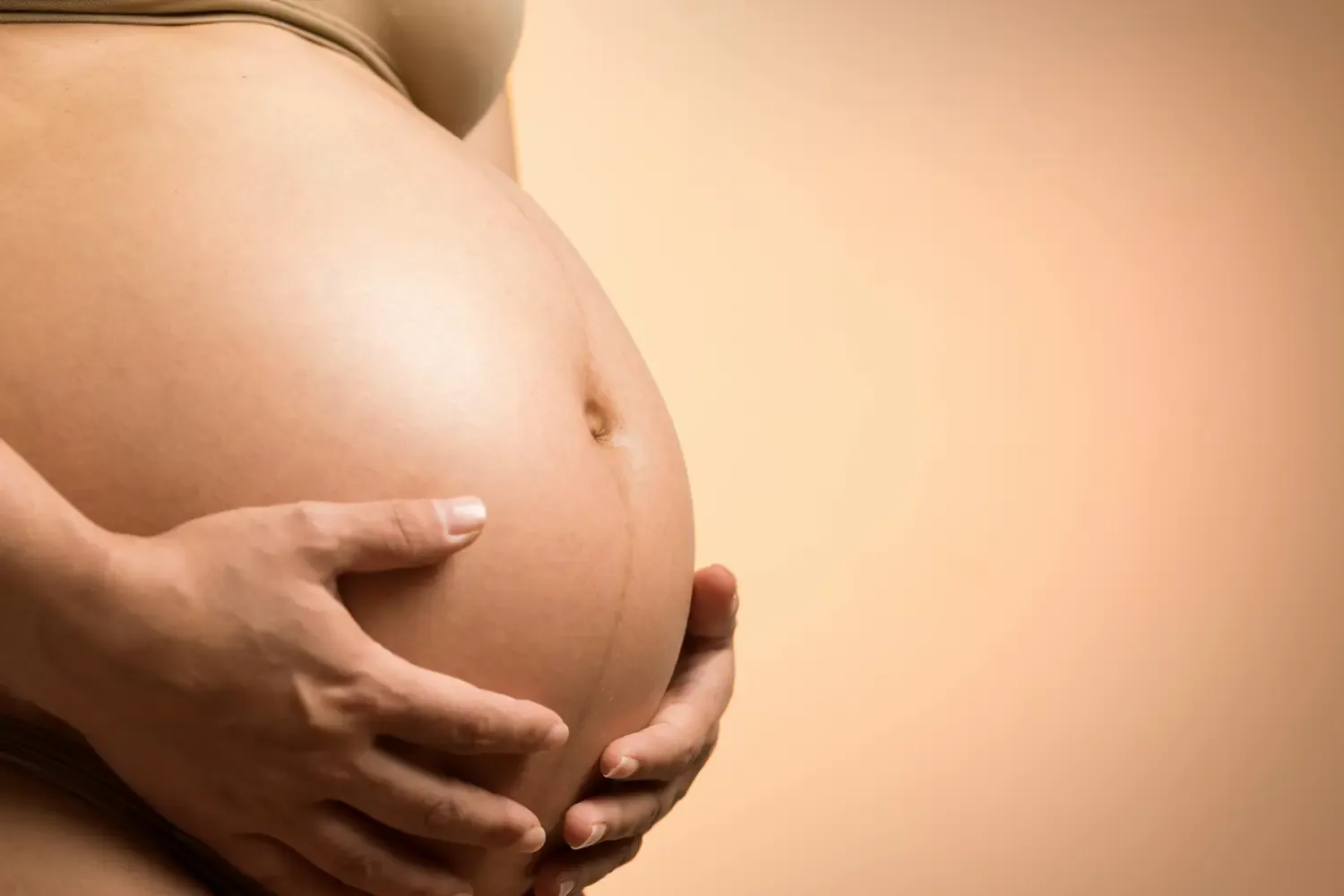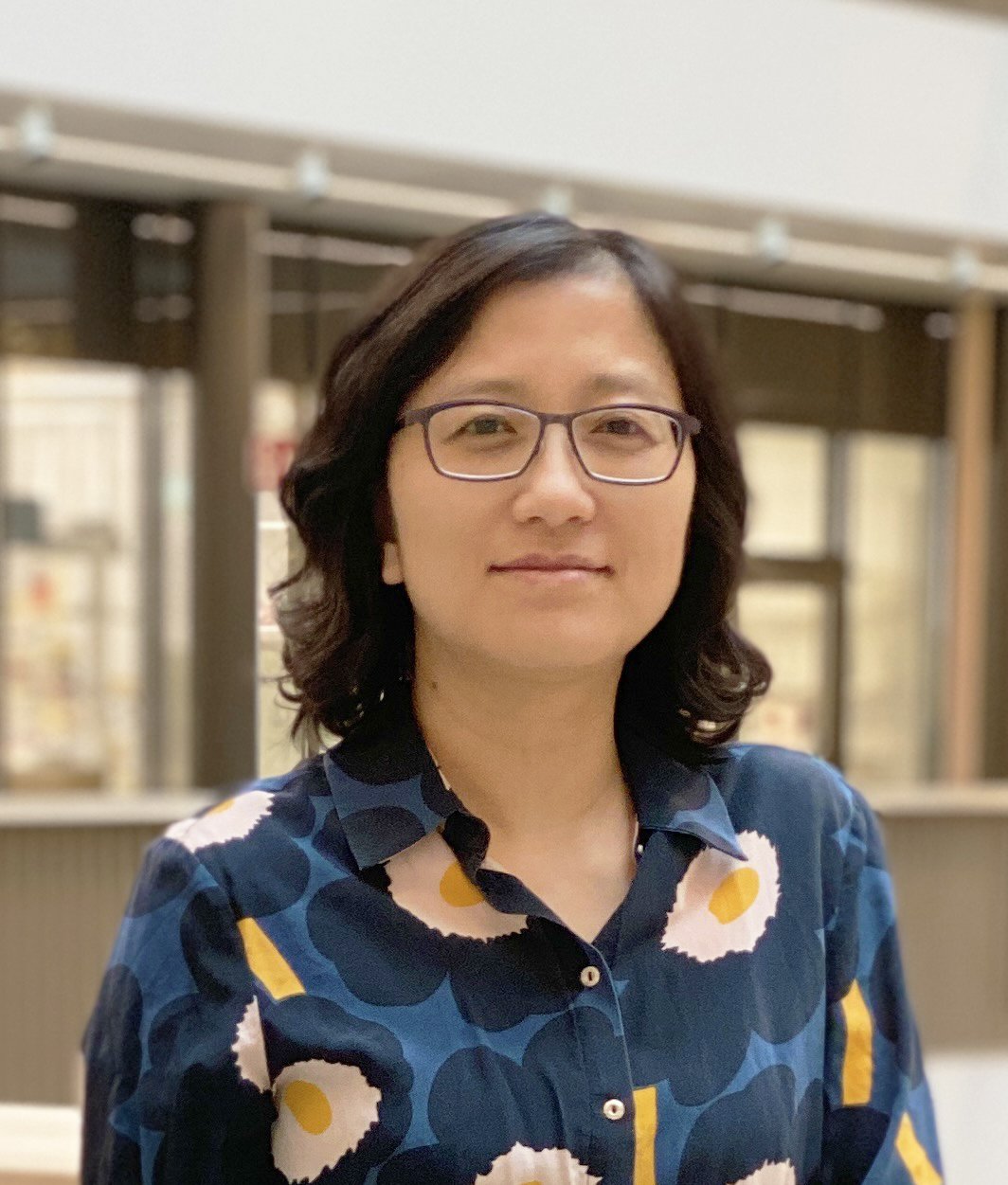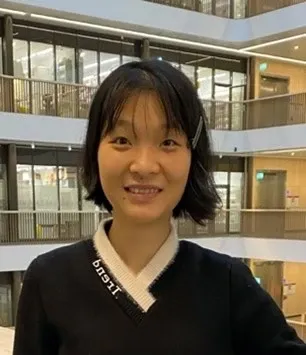New treatment for PCOS can secure future women's health

The study showed that elevated hormone levels during pregnancy affect the placenta and fetal germ cells in mice, but treatment with an androgen receptor antagonist restored their function. Similar mechanisms could be transferred to humans by culturing human placental organoids. Qiaolin Deng and Elisabet Stener-Victorin labs together have a new publication in The Advanced Science.

Describe the main results of your study and their relevance?
Polycystic ovary syndrome (PCOS) featured by hyperandrogenism, significantly increases the risk of implantation failure, early miscarriage and pregnancy complications, and predisposes offspring to the development of reproductive and metabolic disorders later in life, a process called developmental programming as shown by our previous studies in Nature Medicine and Cell Reports Medicine. In this study, we used the peripubertal hyperandrogenic mouse model to investigate the developmental programming by the placenta with and without androgen receptor antagonist. We found that by blocking the action of androgens in the mothers, the molecular features and function of the placenta can be rescued to ensure proper fetal development and physiological function of the offspring. We have also confirmed that similar mechanisms can be applied in humans by culturing human placental organoids.

Why are the results important?
The study has shown that the placenta is the gateway for developmental programming through maternal hyperandrogenism. Comprehensive profiling of the placenta by whole-genome bisulfite and RNA sequencing revealed a cell type-specific of trophoblast precursors and and impaired formation of the placental labyrinth. Our results indicate that impaired trophoblast differentiation is a key feature in PCOS-related pregnancy complications. These findings provide new insights into the potential cellular targets for future treatments. Future treatments targeting safe androgen receptor antagonists could be explored to ensure the health of the future generation.

Were you surprised by any of the results? What were you expecting to find instead?
We hypothesized that inhibiting excessive androgen activity in dams with PCOS could restore placental function and normalize fetal development and offspring health. Our results support this hypothesis when we compare the experimental outcomes with and without concomitant treatment with an androgen receptor antagonist. Surprinsingly however, we found no difference in the classical function of androgen receptor signaling pathways in downstream gene regulation. Instead, we found several non-classical functions of androgen receptor signaling pathways in the regulation of fatty acid metabolism and hormone synthesis.

What’s next?
In a next step, we will further dissect the underlying mechanisms using disease-related trophoblast organoids from placentas of women with PCOS in humans. We will model developmental programming in humans using microfluidic cocultures together with human metabolic tissues. Moreover, we will explore a cell type-specific treatment targeting the placenta to achieve safe and effective modulation of the hostile uterine environment.
Funding:
This work is supported by Swedish Medical Research Council, Knut and Alice Wallenberg foundation, Novo Nordisk Foundation, Diabetes Foundation, Karolinska Institutet faculty funding, Karolinska Institutet KID funding
